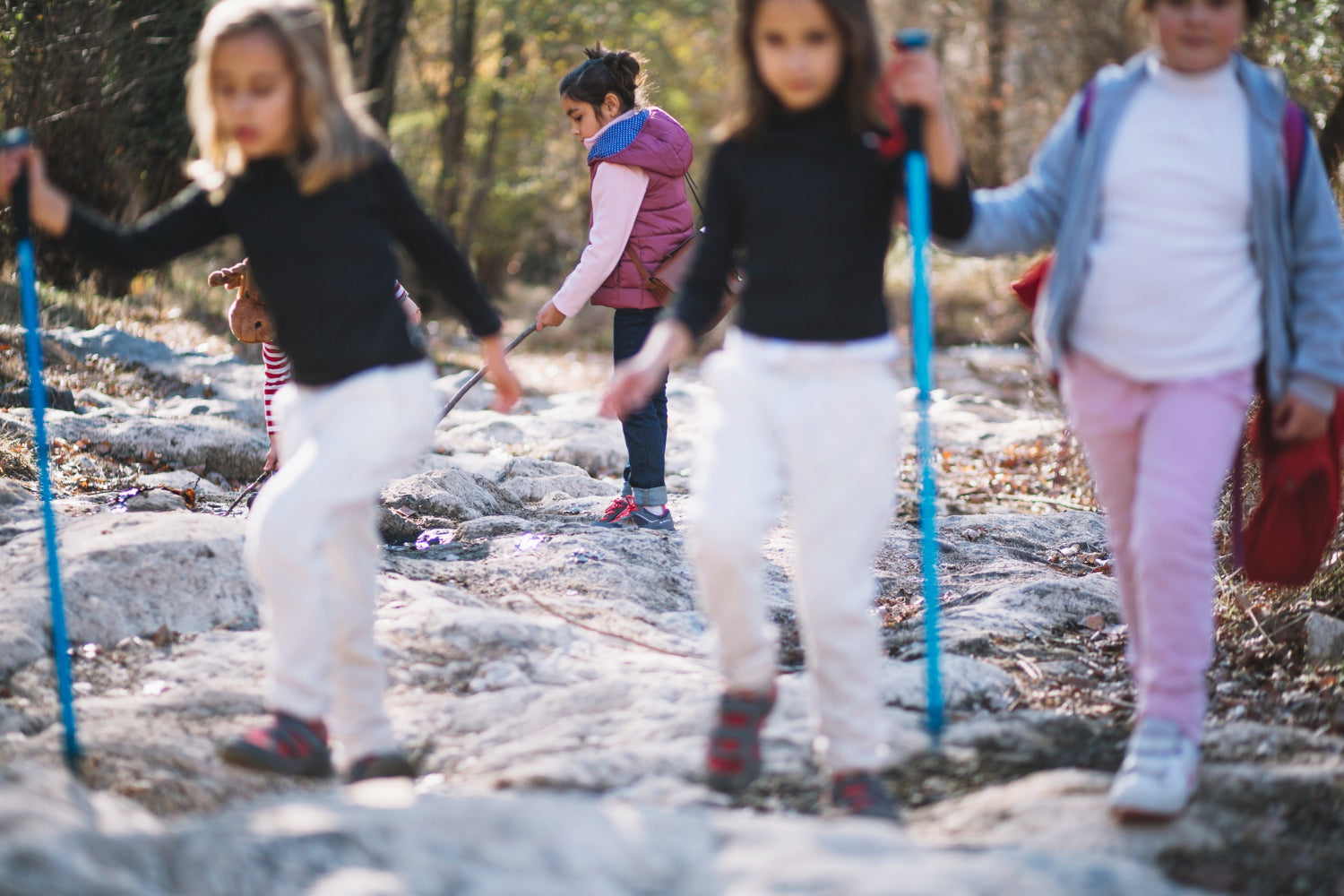Exploring Montessori Outdoor Learning Spaces: Tips, Benefits, and Activity Ideas

The Montessori approach to education places a strong emphasis on providing children with a well-rounded, holistic learning experience that includes both indoor and outdoor environments. By integrating outdoor learning spaces into their daily routine, children can explore nature, engage in hands-on activities, and develop an understanding of their surroundings in a way that complements and expands upon their indoor learning experiences. Montessori outdoor learning spaces offer numerous benefits to children's development, including fostering a sense of connection to the natural world, enhancing sensory awareness, building gross and fine motor skills, and promoting a sense of independence and responsibility.
In this informative and engaging guide, we will delve into the critical role that Montessori outdoor learning spaces play in a child's development and explore various tips and activity ideas to help you create a fulfilling and age-appropriate outdoor learning environment for your child. Whether you are a parent looking to incorporate Montessori principles at home or an educator seeking to create a dynamic outdoor learning space in a Montessori school setting, this article is designed to help you create a purposeful and engaging environment that fosters a love for nature, exploration, and hands-on learning.
Exploring Montessori Outdoor Learning Spaces: Tips, Benefits, and Activity Ideas
A Montessori education encourages children to learn through exploration, and this includes not only indoor activities but also experiences in the great outdoors. By incorporating Montessori principles into outdoor learning spaces, children can develop a strong connection to nature, enhance their motor skills, and cultivate a sense of independence and responsibility. In this guide, let's explore the benefits of Montessori-inspired outdoor learning spaces and offer tips and activity ideas to help you create an engaging, age-appropriate outdoor environment for your child.
The Benefits of Montessori-Inspired Outdoor Learning Spaces
Montessori outdoor learning spaces offer numerous benefits that contribute to the healthy growth and development of children. Here are some of the primary advantages of stepping outside and embracing a Montessori-inspired outdoor environment:
- Connection to Nature: Outdoor learning spaces foster a sense of connection and appreciation for the natural world, helping children understand their role in the environment, develop empathy for living beings, and promote stewardship for the Earth.
- Sensory Awareness: The outdoors offers a wealth of sensory experiences, such as varying textures, smells, sounds, and visual stimuli that help children build awareness, observation skills, and neurological connections.
- Motor Skills Development: Engaging in outdoor activities helps children develop both gross and fine motor skills through activities such as climbing, gardening, and manipulating natural objects.
- Independence and Responsibility: Outdoor learning spaces empower children to explore, take risks, and develop problem-solving skills as they navigate and adapt to the ever-changing outdoor environment.
Tips for Creating a Montessori Outdoor Learning Environment at Home and in the Classroom
Creating a Montessori-inspired outdoor learning space requires careful planning and consideration. Consider the following tips to establish a purposeful and engaging outdoor environment for your child:
- 1. Provide Age-Appropriate Materials and Tools: Equip the space with various age-appropriate materials, such as gardening tools, objects for exploration, and outdoor-friendly art supplies.
- Plan Dedicated Learning Areas: Designate specific areas for various activities, such as a gardening plot, a nature exploration area, or an art station.
- Encourage Exploration and Imagination: Create an open and natural space that encourages exploration, discovery, and imaginative play by incorporating natural elements such as logs, rocks, and plants.
- Prioritize Safety and Accessibility: Ensure the outdoor space is secure, well-maintained, and accessible to children of all abilities.
Montessori-Inspired Outdoor Activities for Toddlers: Sensory Exploration and Motor Skill Development
A Montessori-inspired outdoor learning space offers many engaging activities for toddlers to explore their senses and develop motor skills. Consider incorporating the following activities into your outdoor environment:
- Nature Sensory Bins: Create sensory bins filled with natural materials, such as sand, leaves, twigs, and small rocks, to encourage toddlers to touch, explore, and manipulate different textures found in nature.
- Outdoor Painting: Set up a space for toddlers to create art using washable, non-toxic paint and large sheets of paper. Encourage them to use their hands, brushes, or natural materials as painting tools.
- Mini Nature Hikes: Take your toddler on short nature walks, pointing out various plants, animals, and natural features. Encourage them to touch, smell, and observe their surroundings.
Montessori-Inspired Outdoor Activities for Preschoolers: Cultivating Curiosity and Environmental Stewardship
Preschool-aged children can benefit from more advanced outdoor activities that foster curiosity and an appreciation for the environment. Try incorporating these Montessori-inspired activities for preschoolers:
- Gardening: Introduce your preschooler to planting and tending to a garden, allowing them to learn about plant growth, soil, and basic botany while cultivating responsibility and patience.
- Nature Scavenger Hunts: Create a fun and engaging nature scavenger hunt for your preschooler, encouraging them to locate and identify various natural items, such as leaves, rocks, or insects.
- Earth-friendly Crafts: Introduce eco-friendly craft projects, such as creating bird feeders from recycled materials or painting rocks to create garden decorations.
Montessori-Inspired Outdoor Activities for Elementary-Aged Children: Independent Learning and Nature Connections
For elementary-aged children, Montessori-inspired outdoor activities can promote independent learning, creativity, and a strong relationship with nature. Implement the following activities for older children:
- Wildlife Observation: Encourage children to quietly observe and document the behavior of birds, insects, and other wildlife, nurturing their observation skills, patience, and appreciation for living beings.
- Nature Journals: Provide children with journals for recording their thoughts, sketches, and discoveries in the outdoor environment, fostering creativity, reflection, and critical thinking.
- Outdoor Science Experiments: Facilitate outdoor science experiments, such as testing soil pH or examining decomposition, to encourage curiosity, exploration, and hands-on learning.












